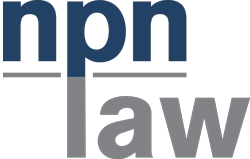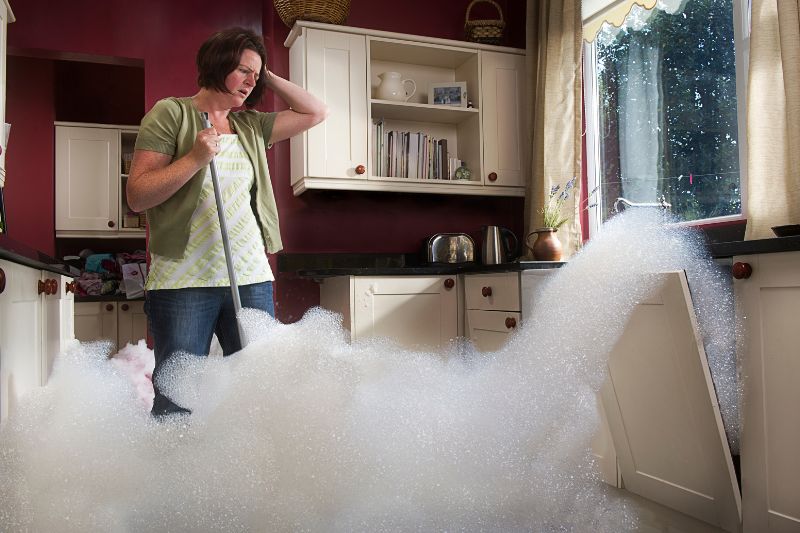Product Liability
Since 2014
Our Guarantee
No recovery, no fee. We don’t get paid unless you get paid, guaranteed!
Our Attorneys are Well-Versed in the Laws That
Protect Consumers Against the Harm Posed by Defective Products.
When a consumer sustains an injury due to a defective product, a number of parties can be held liable for releasing a product that they knew or should have known posed a risk to users.
If someone is injured by a defective product they may have grounds to file a lawsuit against the manufacturer, wholesaler, or distributer, depending on the type of defect. There are various categories of product defects including manufacturing defects, design defects, failure to warn and food poisoning.
Manufacturing Defects
These are caused by an error in assembly and are not intended to be part of the product. This type of defect will typically only be found in a small percentage of a company’s manufactured goods. Based on the theory of strict liability, a manufacturer is liable for any manufacturing defects that occur as a result of faulty construction, regardless of whether they took care throughout the manufacturing process. The plaintiff needs to prove that the defect allegedly responsible for their injury was present at the time of departure from the factory where the good was produced.
Design Defects
A design defect is a flaw in the original blueprint of a product that causes it to be unreasonably dangerous and creates a hazard for potential users. This type of defect will typically be found in all of a company’s manufactured products.
Three questions are asked to determine whether a design defect exists:
- Was the product’s design unreasonably dangerous prior to production?
- Was it plausible to anticipate the design of the product could harm a potential user?
- Could the manufacturer have used a superior design that was economically feasible and would not alter the purpose of the product?
If any of these questions are answered affirmatively, the injured party may have grounds for a design defect claim and should contact one of our attorneys as soon as possible.
Failure to Warn
A products liability lawsuit can also be brought for a manufacturer’s failure to warn of potential risks. Any party in the chain of distribution can be liable if warnings or instructions could have prevented injury from foreseeable risks or if the warnings themselves, when followed properly, caused the injury.
Food Poisoning
The number of product liability claims based on food-borne illnesses and food poisoning has been on the rise. Food poisoning and food-injury related claims are typically brought as product liability actions. Claims can be filed against anyone in the chain of distribution, from the manufacturer to the retailer, as well as any party who handles the food during this transition.
One of the biggest hurdles in a food poisoning product liability case is connecting the injury to the food. In most cases, the food will have been consumed or thrown away by the time the food poisoning or injury manifests. Evidence that can help to prove causation can include samples of food from the same batch from the manufacturer or supplier, evidence of bacteria or microorganisms in both the victim and the food supply, or, if possible, the actual product that was consumed.
At NPN Law we can help to collect the evidence necessary to substantiate your claim, as well as determine the best strategy to use in proceeding with your food poisoning claim.
Who Can be Held Liable for a
Defective Product Injury?
Depending on the specifics of the case, an injured consumer can seek compensation from one or more liable parties, including manufacturers, wholesalers, and/or retail outlets. Determining the defendant in a product liability case is not a matter of choosing one liable party over another; any party involved in a defective product’s chain of distribution may be held accountable through a product liability lawsuit. When beginning to put together a claim for a defective product, it is important to include any party involved in the chain of distribution.
Manufacturer
This can include a large multi-national company, an individual working out of his or her garage, or any parties involved in the design or marketing of the product. Depending on the size of the product, claimants can include the manufacturer of the defective part, as well as the manufacturer of the entire product.
Retailer
When a retailer advertises an item for sale, it is impliedly ensuring the product is safe and suitable for use. If a consumer purchases a defective product, the seller of that item, even though they were not involved in its manufacture, can be held liable for damages.
When suing a retailer:
- You don’t have to be the one who bought the defective product
- You don’t have to be the one who used the defective product
- You might be able to recover compensation for used products (depending on the product, nature of the defect, and state law).
Wholesaler
The wholesaler is considered the “middleman” between the manufacturer and the retailer.
Any or all of the above parties could be held liable for damages resulting from an injury caused by a defective product.
At NPN Law, we fight to ensure that companies don’t choose profit over customer safety. If you have been injured due to a product, NPN Law will help you to obtain compensation and hold companies liable for their defective products.
Hear From Our Recent Clients
Slum
Housing
No recovery, no fee. We don’t get paid unless you get paid, guaranteed!
Mold
Exposure
If your exposure to mold is the result of negligence or recklessness on the part of a landlord, employer or anyone else, you may be able to pursue an injury claim
Asbestos
Many times asbestos exposure comes from the workplace or from living in slum conditions for many years, get a free consultation today.
Lead
Poisoning
We have taken on landlords, management companies, public housing authorities, government agencies, and others for lead poisoning.
Uninhabitable Living Conditions
California law requires that landlords provide renters with a place to live that is safe and secure
Health & Safety Code Violations
You may have a claim against your landlord for collecting rent while government code violations persist.
Unpermitted Units
Converted garages, converted closets, unpermitted building additions.

